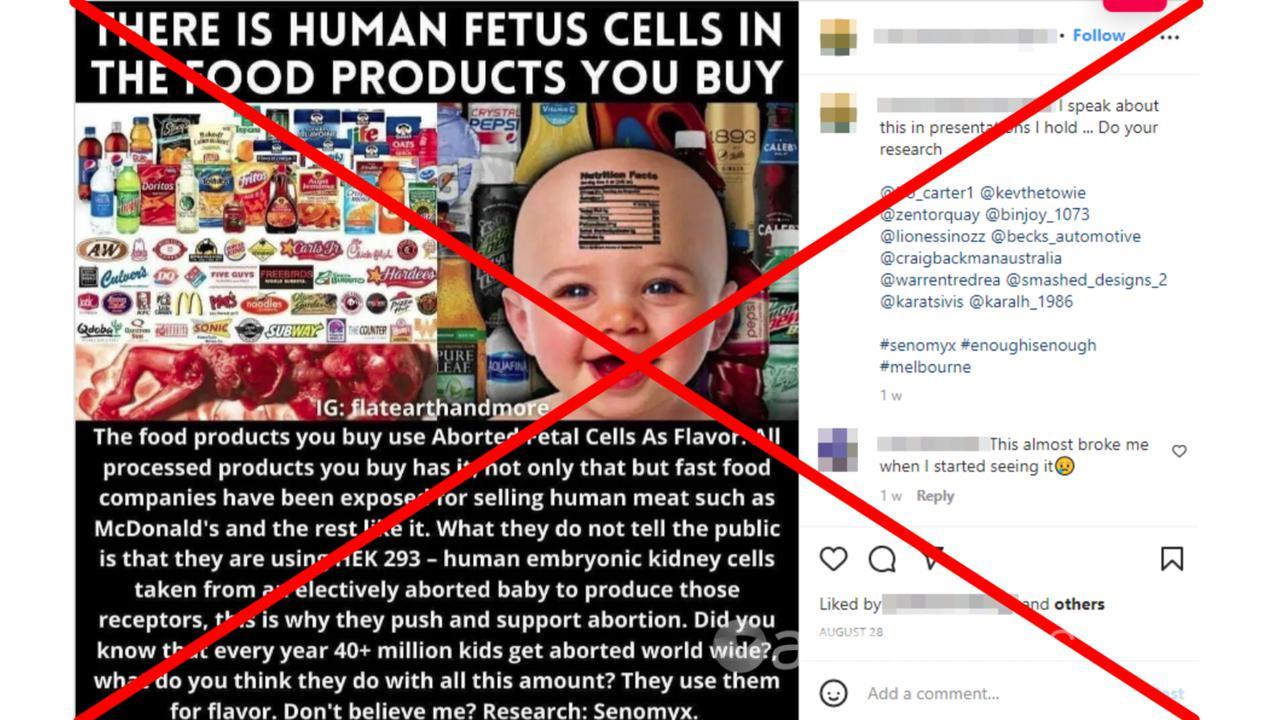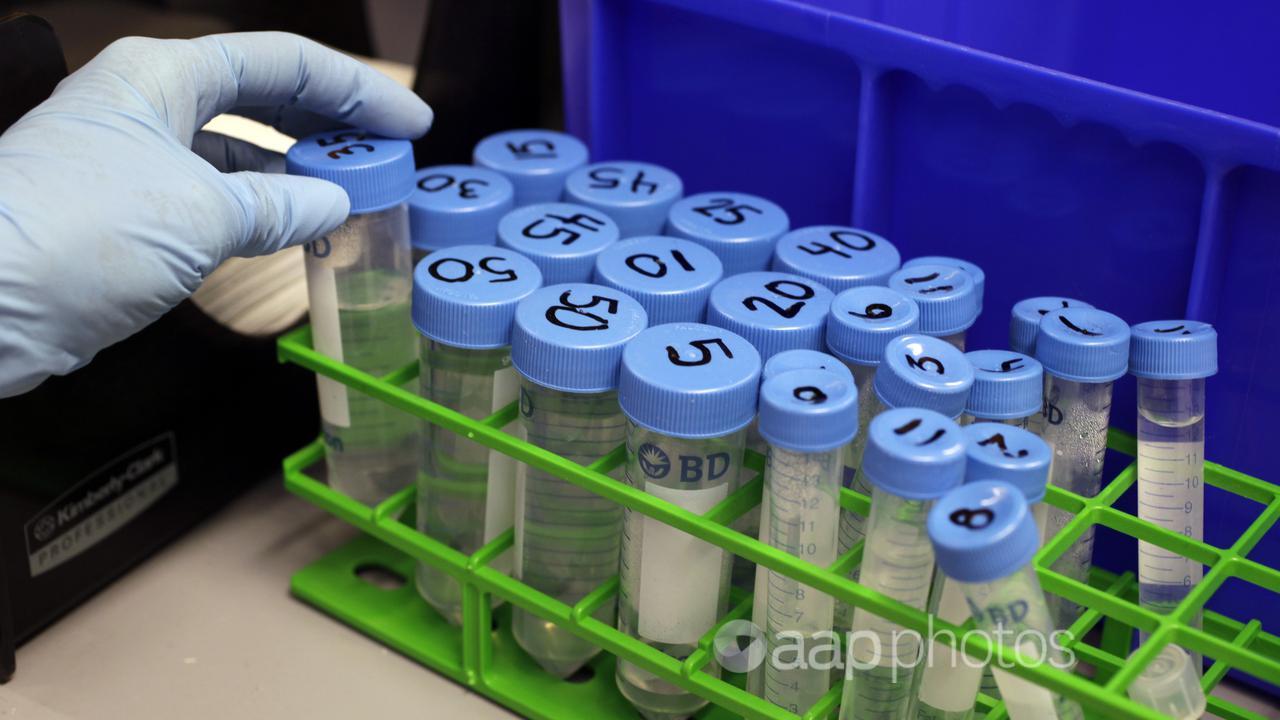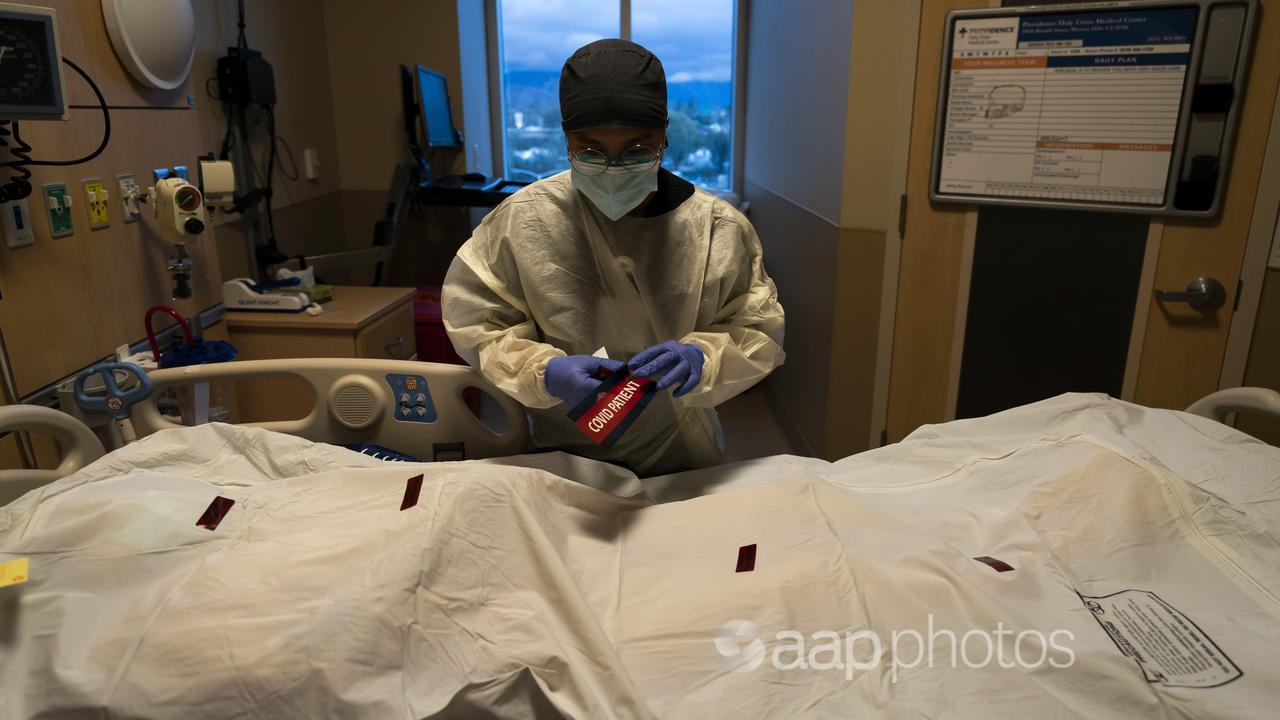An Instagram user is warning people away from processed foods, posting a meme which claims many products are flavoured using fetal cells from aborted babies.
The claim is false. It is a longstanding myth based on reports US company Senomyx used laboratory-grown cells in the early stages of flavour development. The laboratory cells were derived from a real human cell taken from an aborted fetus in the early 1970s, but were many generations removed from the original cell.
Most major food and drink companies state they do not use Senomyx products or any ingredients developed using cells derived from human fetuses.
The meme published on Instagram on August 28 is headlined: “THERE IS HUMAN FETUS CELLS IN THE FOOD PRODUCTS YOU BUY”.
The meme’s text says: “The food products you buy use Aborted Fetal Cells as Flavor. All processed products you buy has it … they are using HEK 293 – human embryonic kidney cells taken from an electively aborted baby”.
It goes on to claim there were “40+ million” abortions each year. “What do you think they do with this amount? They use them for flavor … Research: Senomyx.”

The claim appears to be based on a misinterpretation of Senomyx’s flavour-testing research. In 2011, the Miami New Times reported Senomyx used laboratory-grown ‘cell lines’ to replicate human taste receptors.
Cell lines are ‘immortal’ laboratory-grown cells used in research in place of real human or animal tissues. Cell lines are often used in research because they provide an unlimited supply of cell matter and bypass ethical concerns associated with the use of animal and human cells.
Senomyx used cell lines in the early stages of its flavour-testing process to identify which flavours created a reaction when mixed with taste receptor proteins. A Senomyx executive described the process to the Miami New Times as “basically a robotic tasting system”.
Flavours that showed potential in laboratory experiments were put forward for taste tests with real people.
The cell line used in the Senomyx experiments was reportedly HEK-293, widely used in biotechnology research. Research describing Senomyx’s flavour-testing using HEK-293 cell lines was published here in 2002 and here in 2010.
Some people have raised ethical concerns about the use of HEK-293 (see here and here), because the cell line was derived from a kidney cell taken from an aborted human fetus in 1973.
The original cell was isolated and cloned, and its ‘offspring’ have since been used in biomedical research and vaccine production. No new fetal cells are required to keep the cell line in production.
In 2011, US-based anti-abortion group Children of God for Life campaigned against Senomyx’s use of what it called “aborted fetal cell lines”, urging consumers to boycott food and drink manufacturers partnered with Senomyx.
PepsiCo, a Senomyx partner company targeted in the campaign, responded by saying the claims were “misinformation”.
“These claims are meant to suggest that human fetal tissue is somehow used in our research. That is both inaccurate and something we would never do or even consider,” a Pepsi representative told the group, according to emails published on the Children of God for Life website.
“It also is inaccurate to suggest that tissue or cells somehow are being used as product ingredients. That’s dangerous, unethical and against the law. Every ingredient in every one of our products is reviewed and approved for use by the U.S. Food and Drug Administration,” Pepsi wrote.
Claims that food and drink products contain aborted fetal tissue have since been debunked here, here, here and here.
In 2019, UK fact-checking organisation Full Fact asked several global food companies if their products contained flavours developed using HEK-293 cells.
Campbell’s, KraftHeinz and Coca-Cola said they did not use any Senomyx products or any flavourings developed using HEK-293 cells. PepsiCo said it had a research partnership with Senomyx, but none of that research used cell lines derived from embryos or fetuses.

Food scientist Gary Kennedy told AAP FactCheck it is illegal to use human fetal cells or any other human tissue in Australian food and drink products.
“In Australia, it wouldn’t actually be allowed,” he said in a phone interview.
“You could do it within a laboratory or a medical research facility, but if there was even a hint of a human fetal cell in a food product, that would be illegal in Australia because we can’t eat humans in Australia. If there was, in any way, any human product in it, it would be illegal in Australia.”
Mr Kennedy said Senomyx’s flavour-testing process was “unusual” and appeared to be novel technology.
Most flavour and scent companies tested new formulas using what he called “traditional methods” including putting a small amount of scent on a piece of paper and “wafting it” in front of human testers.
“A bit like master winemakers or master cheesemakers, masters in flavour houses are in demand because they pick up really subtle notes,” Mr Kennedy said.
Senomyx was acquired in 2018 by Swiss fragrance and flavourings company Firmenich.
The Verdict
The claim processed foods use flavourings made from aborted babies is false. US firm Senomyx previously tested new flavours using laboratory-grown cell lines reportedly derived from cells taken from the kidney of an aborted human fetus in the early 1970s, but they are many generations removed from the original fetal cell.
Most major food and drink companies say they do not have a commercial relationship with Senomyx and do not use any human tissue or human tissue derivatives in their products.
False – The claim is inaccurate.
* AAP FactCheck is an accredited member of the International Fact-Checking Network. To keep up with our latest fact checks, follow us on Facebook, Twitter and Instagram.
All information, text and images included on the AAP Websites is for personal use only and may not be re-written, copied, re-sold or re-distributed, framed, linked, shared onto social media or otherwise used whether for compensation of any kind or not, unless you have the prior written permission of AAP. For more information, please refer to our standard terms and conditions.


















